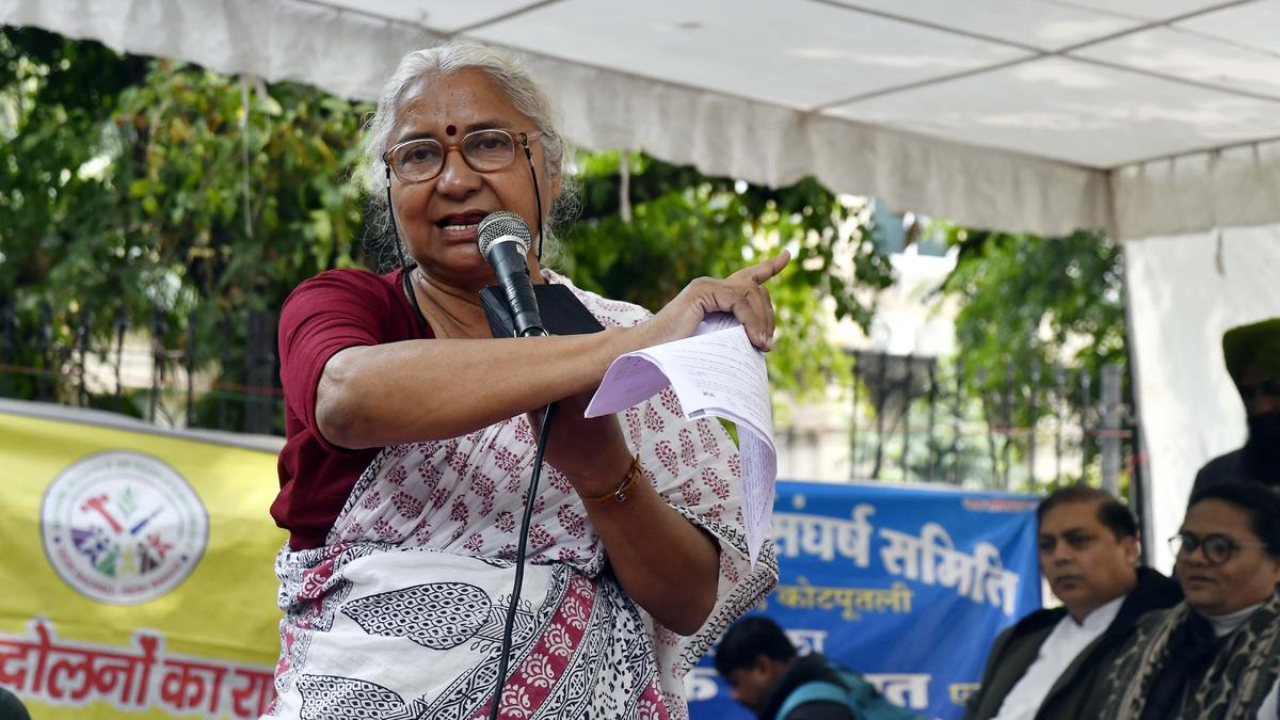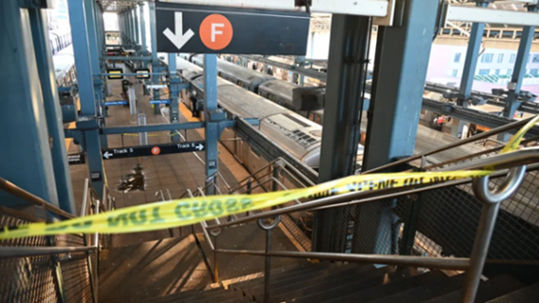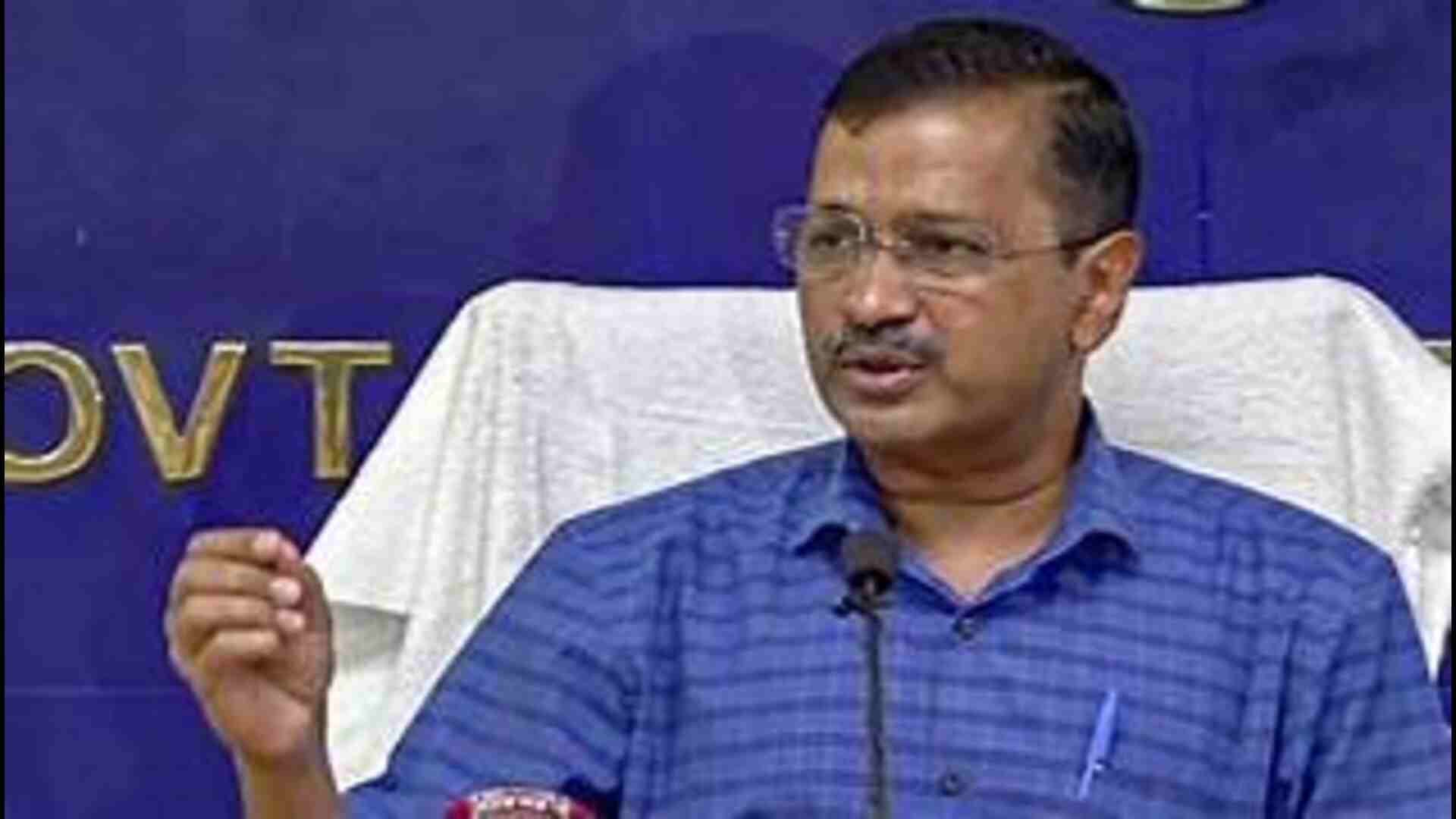Delhi court on Monday sentenced Narmada Bachao Andolan activist Medha Patkar to five months of simple imprisonment in a defamation case brought by V K Saxena, now the Lieutenant Governor of Delhi and former Chairman of the Khadi and Village Industries Commission (KVIC).
The Saket court, which presided over the case, also mandated that Patkar pay Rs 10 lakh in compensation to Saxena. The ruling stems from allegations that Patkar made defamatory statements against Saxena during her activism, which included calling him a “coward” and accusing him of involvement in hawala transactions. The court found these statements to be defamatory and intended to harm Saxena’s reputation.
Following the verdict, Patkar expressed her intention to appeal, stating, “The truth can never be defeated… We have not tried to defame anyone, we only do our work… We will challenge the court’s judgment.” She remains resolute in her belief that her actions were not defamatory but part of her activism.
On May 24, the court noted that Patkar’s comments were inherently defamatory and aimed at tarnishing Saxena’s reputation. It highlighted that her accusation of Saxena “mortgaging” the people of Gujarat and their resources to foreign interests was a direct assault on his integrity and public service record.
The arguments concerning the sentencing concluded on May 30, and the court reserved its decision on the quantum of the sentence until June 7.
The legal battle between Medha Patkar and Saxena dates back to 2000, when Patkar filed a suit against Saxena for publishing advertisements against her and the Narmada Bachao Andolan. In response, Saxena, who led the Ahmedabad-based NGO ‘Council for Civil Liberties’ at the time, filed two defamation cases against Patkar in 2001. These cases were based on derogatory remarks Patkar allegedly made about him on a television channel and a subsequent defamatory press statement.
This verdict marks a significant moment in the long-standing legal confrontation between the two figures, underscoring the contentious nature of their public and legal disputes.







